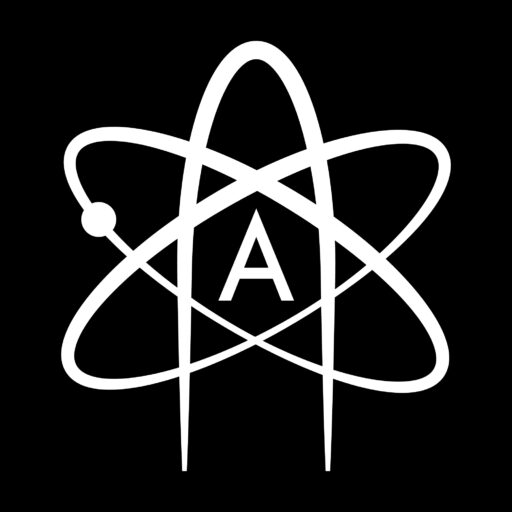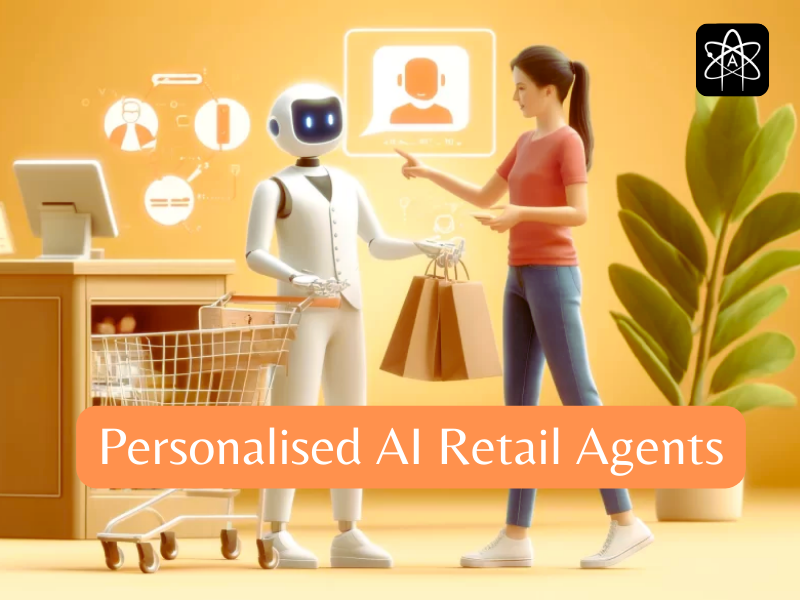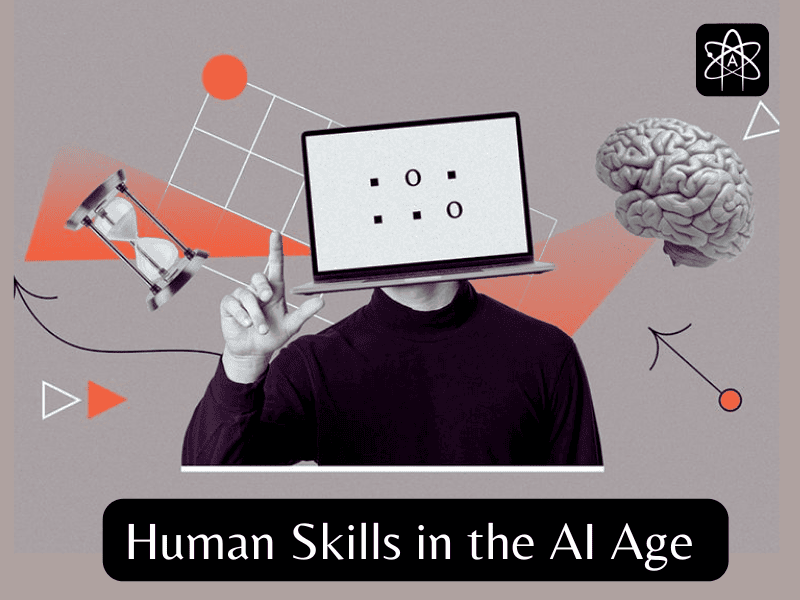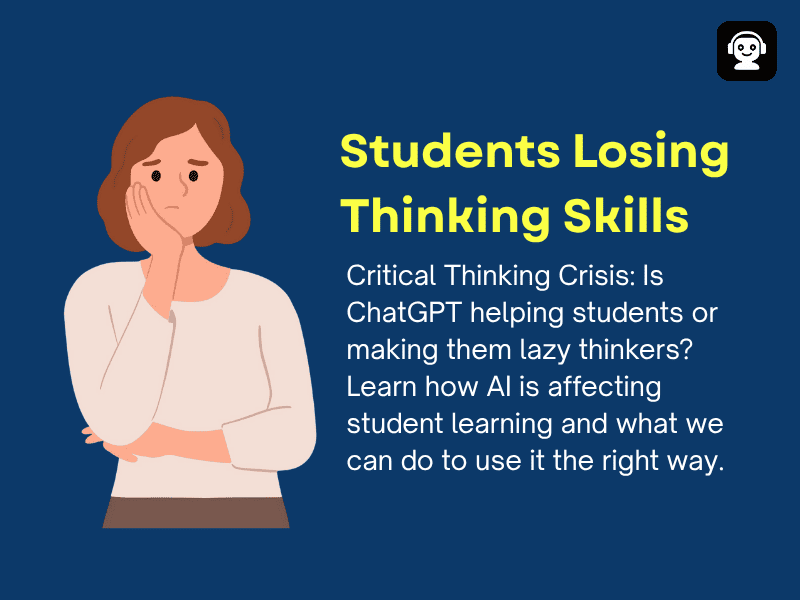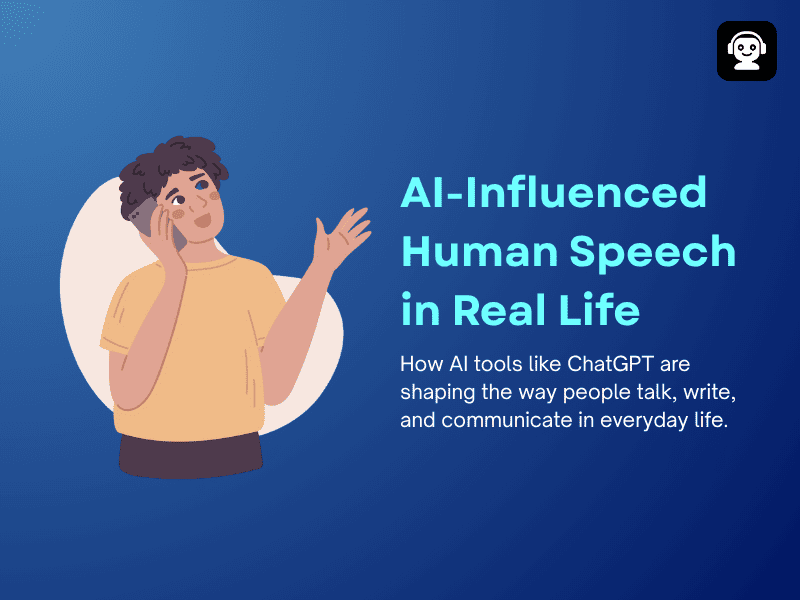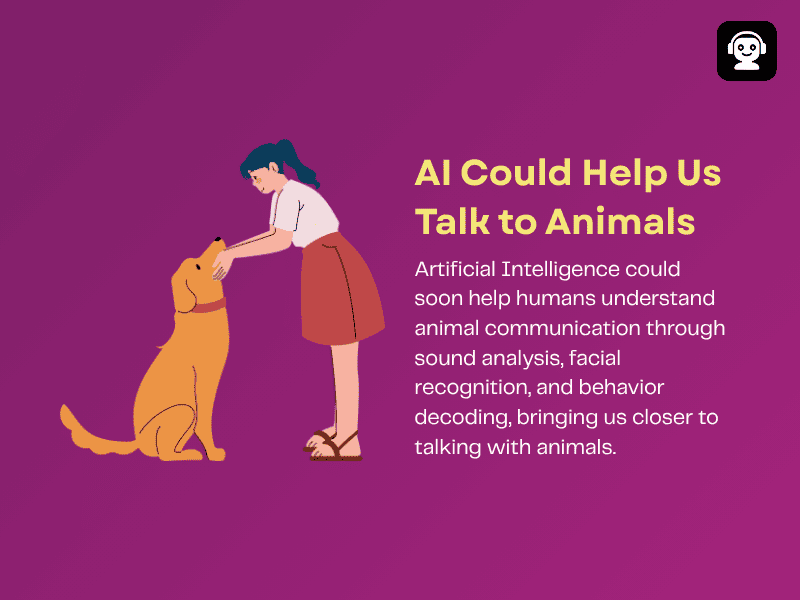Why Artificial Intelligence Tutoring Systems Are the Future of Learning in 2025
Artificial intelligence is like a teacher who knows everything, who is a friend, a mentor, and someone who guides. Now,
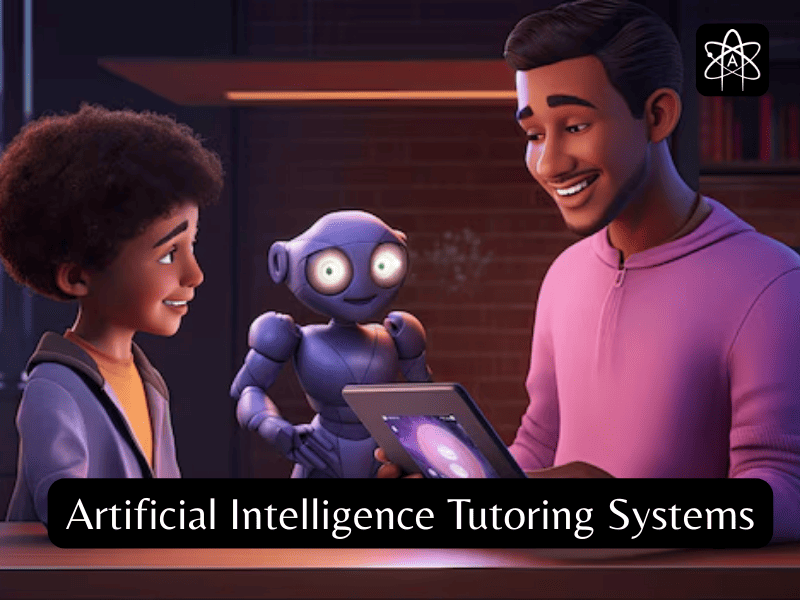
Artificial intelligence is like a teacher who knows everything, who is a friend, a mentor, and someone who guides. Now, when that quality of artificial intelligence gets turned into a tool, which gets called Artificial Intelligence Tutoring Systems, the service of being a tutor becomes more specific. The AI based tutors are also the start of the future of AI in classrooms. This system comes with personalised lessons by AI, instant feedback, and support in any subject.
What Are Artificial Intelligence Tutoring Systems?
The AI tutors are not like the human ones, which mostly give the same material to every student and consider each student the same. AI knows that every student is different, and their needs are different. Artificial Intelligence Tutoring Systems work according to the specific student strengths, weaknesses, and learning speed.
They’re fully transforming the way students should learn, and the e-learning personalisation features in them can bring a lot of change even to schools. There is no real existence of those tutoring systems; they are fully online based for now, but teachers can use this tool to enhance their teaching ability, so the students can also have a human guide, specifically with minors.
Key Features of Artificial Intelligence Tutoring Systems
- Always Available: Students often study at night, and if they have any questions during that time, a human tutor will not be available to assist them. On the other side, AI tutors are always available to help because they are not bound by a proper sleeping and eating schedule like humans. They are designed in a way that the main purpose should be teaching only, no matter where the learner is and what time it is.
- Personalised learning: Each student has their own learning path and their own study material according to their strengths. Each student has their own different experience with Artificial Intelligence Tutoring Systems.
- Ongoing Assessment: The systems keep track of your ups and downs in study, not only when it’s exam time but on regular days too. The parents don’t have to worry because they can check their child’s growth in just a few seconds with E-learning personalisation.
- Different learning platforms: AI lessons use texts, quizzes, graphics, and videos to keep the learning engaging and to provide interactive activities.
- Useful insights for teachers: Now, let’s talk about the feature that helps it become the future of AI in classrooms. Teachers’ daily reports of the students about their strengths and weaknesses, and the progress they are making.
Benefits and Challenges of Artificial Intelligence Tutoring Systems
Benefits:
- Self-paced learning: If someone has experience with a human teacher, they will know that they work according to a syllabus, exams, and time schedules, which is a very exciting thing for many students. AI tutors are the ones who move according to the student’s needs without feeling rushed.
- Less workload for teachers: This online tutor can become an assistant for teachers and can make managing a lot of things easier for them. It can suggest some ideas to teach, answer questions instantly, and some routine tasks can be automated here.
- Easy Accessibility: Students who are in areas where education is not very available or the quality of education is not good can go for this tutor. This can be accessed from anywhere at any time; one thing you need is a good internet connection.
- Confidence building: These online tutors come with automated feedback for students, which helps students in correcting their mistakes and also helps them in overcoming their anxiety. This is also something applied to teachers because it helps them become better ones.
Disadvantages:
- Overreliance: Artificial Intelligence Tutoring Systems can make people depend on them. This can make people want less human interaction because they are getting what they want without doing so.
- Cost & Accessibility: Few high-tech systems are usually not available in schools and regions, which makes implementing E-learning personalisation hard.
- Privacy concerns: We can’t forget the fact that these AI tutors also collect the data of students, which raises issues related to security and ethics.
- Emotional Intelligence Gap: While artificial intelligence in education is advanced and offers many great features, it lacks emotional availability.
What’s Next for Artificial Intelligence Tutoring Systems
The one thing that artificial intelligence in education lacks is emotional intelligence, and there is a chance that in the future, the feature where the Artificial Intelligence Tutoring Systems will motivate students through AI voice or messages can be put in. It will also be helpful to have group sessions in the future. The more advanced launches are still going to happen, which will change the way of decision-making for both students and teachers.
